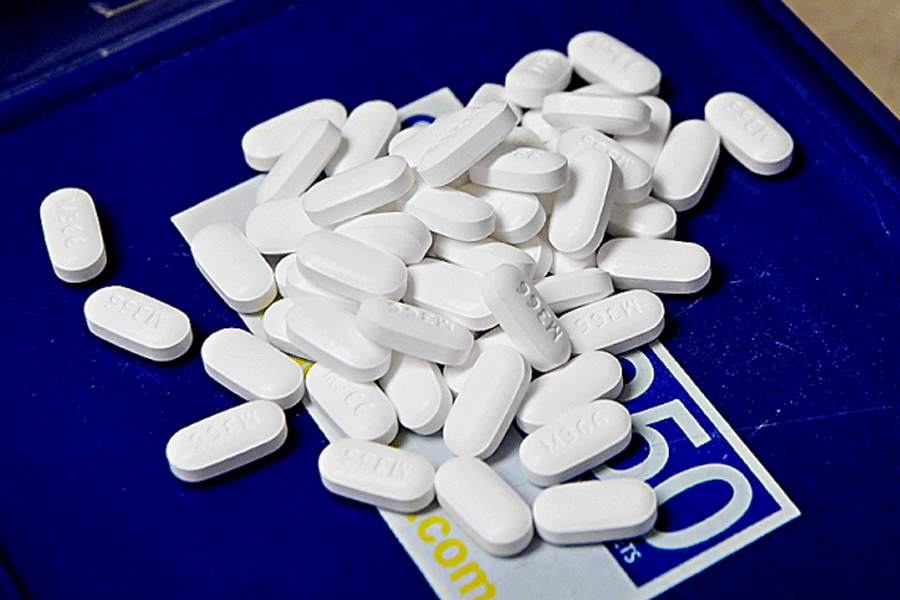India and the US are exploring enhanced cooperation to help improve quality standards adopted by Indian pharmaceutical industries so that their medicines are accepted "everywhere in the world", a top US health official said on Friday.
"We want to make sure that India continues to be a good partner in the exchange of pharmaceuticals and the growth of pharmaceutical products," Xavier Becerra, the US secretary of health and human services, said at the G20 summit of health ministers in Gandhinagar. "That requires Indian companies to meet US standards if they wish to export to us," he added after the US delegation met with Union health minister Mansukh Mandaviya and Indian health officials.
One of the things India would like to see from the US, he said, is “deeper cooperation when it comes to having not just capacities, but the regime, the standards that make it possible to have an industry that will thrive because it will be accepted everywhere in the world”.
During the India-US meeting, Becerra said, one of the subjects discussed was how the two countries could make sure that they are coordinating and collaborating on the safety and availability of pharmaceutical products.
The discussions come against the backdrop of concerns about the quality of drugs produced in India after alerts about contaminated Indian-made cough syrups from the Gambia and Uzbekistan last year and about Indian-made eye drops detected in the US earlier this year.
The alerts from health authorities in those countries have amplified concerns in India about poor adoption of regulatory standards by sections of the Indian drug industry and inadequate oversight and enforcement by Indian drug regulators.
The health ministry had announced last month that it would “soon make compulsory” rules for good manufacturing practices which, according to industry representatives, have been mandatory for all drug manufacturers since at least 2005.
The ministry’s announcement was widely interpreted by industry executives as an acknowledgement from the government that sections of the drug industry have not yet adopted and drug regulators have not yet enforced those rules.











